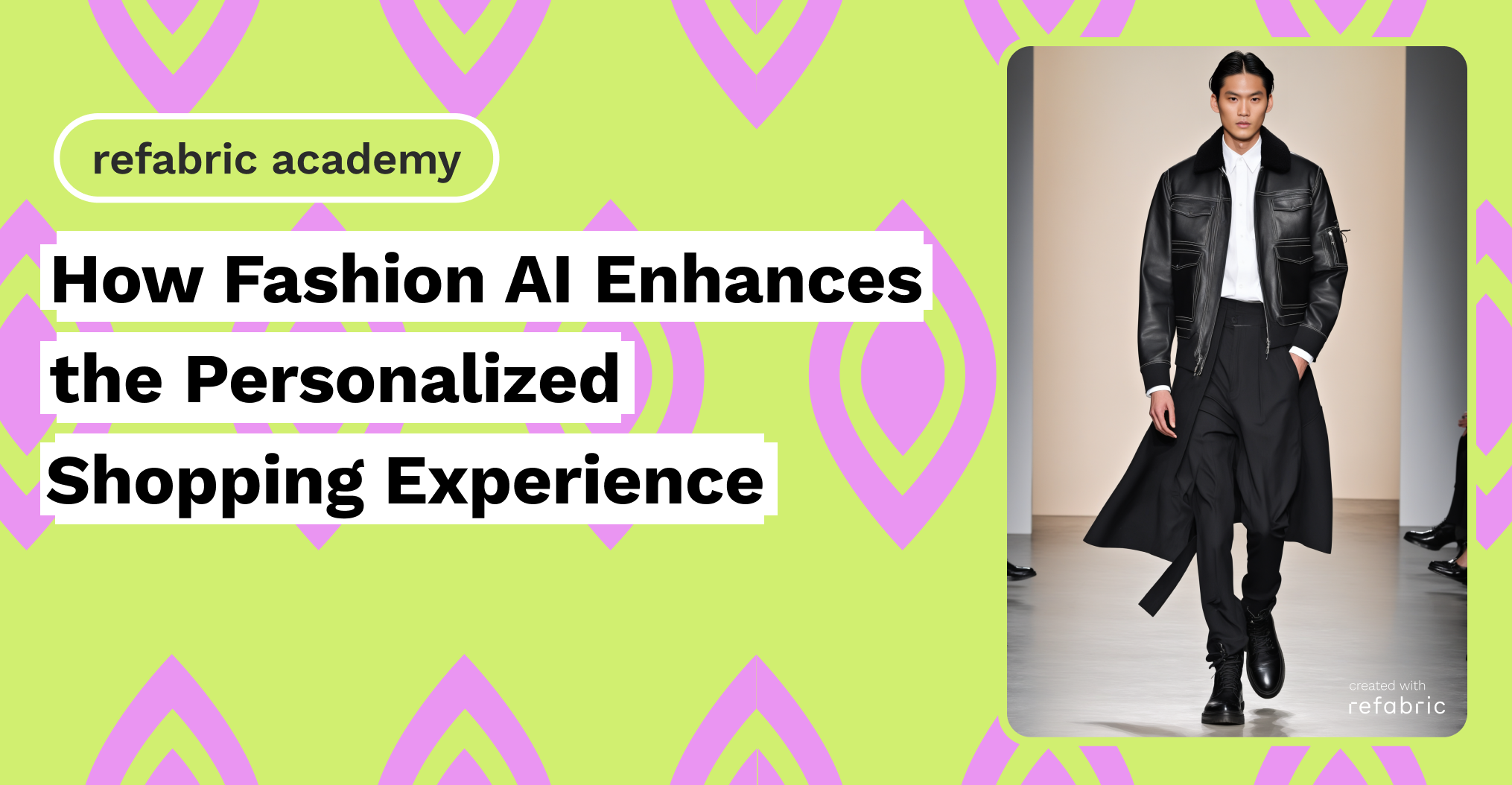In an era where consumers crave unique, personalized experiences, the fashion industry is embracing fashion AI to meet these demands. Fashion AI is no longer just a tool for optimizing supply chains or predicting trends; it’s revolutionizing how we shop, making the process more personalized, convenient, and enjoyable. From virtual try-ons to customized recommendations, fashion AI is enhancing the shopping experience in ways that were unimaginable just a few years ago.
Virtual Try-Ons: The Future of Fitting Rooms
One of the most significant advancements in fashion AI is the rise of virtual try-ons. Traditionally, trying on clothes meant physically visiting a store, which could be time-consuming and inconvenient. However, with the advent of AI-powered virtual fitting rooms, consumers can now try on clothes from the comfort of their homes.
These virtual fitting rooms use augmented reality (AR) and fashion AI to create a realistic simulation of how a garment will look on the user’s body. By inputting their measurements or using a camera to scan their body, consumers can see how different sizes, colors, and styles will fit and look on them. This technology allows for a more accurate and personalized shopping experience, reducing the guesswork and frustration often associated with online shopping.
Moreover, virtual try-ons are not limited to clothing. AI-powered beauty brands are offering virtual makeup try-ons, where users can see how different products will look on their skin tone and face shape. This level of personalization is changing the way consumers interact with fashion and beauty brands, making the shopping experience more engaging and satisfying.
Personalized Recommendations: A Tailored Shopping Experience
Another area where fashion AI is making a significant impact is in personalized recommendations. AI algorithms can analyze a consumer’s past purchases, browsing history, and even social media activity to suggest products that are tailored to their tastes and preferences.
These recommendations go beyond simple product suggestions. For instance, fashion AI can curate entire outfits based on a user’s style, body type, and even the weather in their location. This level of personalization helps consumers discover new products and styles that they might not have found on their own, enhancing their shopping experience and increasing their satisfaction.
Retailers are also using fashion AI to create personalized marketing campaigns. By analyzing consumer data, fashion AI can determine the best time to send promotional emails, what products to feature, and even the optimal price point for each customer. This targeted approach not only increases the effectiveness of marketing campaigns but also makes consumers feel valued and understood.
Creating One-of-a-Kind Pieces with Fashion AI
While personalized recommendations and virtual try-ons are transforming the shopping experience, fashion AI is also enabling a new level of customization in fashion. Consumers today want products that reflect their individuality, and AI is making it possible to create one-of-a-kind pieces tailored specifically to each customer.
Some fashion brands are using fashion AI to offer customizable products, where consumers can choose the color, fabric, and design elements of a garment. AI algorithms then ensure that the custom orders are produced efficiently and accurately, reducing the time and cost traditionally associated with bespoke fashion.
Beyond clothing, AI is also being used to create customized accessories, such as shoes and jewelry. For example, some companies use AI to scan a customer’s feet and create custom-fit shoes that offer unparalleled comfort and style. Similarly, AI-powered tools can help customers design their own jewelry, from selecting the type of metal and stones to designing the shape and size.
This level of customization is not only satisfying for consumers but also helps brands differentiate themselves in a crowded market. By offering unique, personalized products, brands can build stronger relationships with their customers and foster greater loyalty.
The Impact on Consumer Behavior
The integration of AI in personalizing fashion is having a profound impact on consumer behavior. With the ability to try on clothes virtually, receive tailored recommendations, and create custom pieces, consumers are more likely to engage with brands that offer these innovative services. This engagement often leads to increased sales and repeat business, as consumers appreciate the convenience and personalization that fashion AI provides.
Moreover, the data collected through these AI-driven interactions is invaluable for brands. By understanding consumer preferences and behaviors, brands can continually refine their offerings and marketing strategies, ensuring they stay ahead of the competition.
A New Era of Personalized Fashion
Fashion AI is ushering in a new era of personalization in the fashion industry. From virtual try-ons that replicate the in-store experience to AI-driven recommendations that cater to individual tastes, AI is enhancing the way consumers shop for fashion. As this technology continues to evolve, we can expect even more innovative ways for consumers to interact with brands, creating a shopping experience that is not only personalized but also immersive and satisfying.
In this new era, fashion is no longer just about trends; it’s about creating a unique, individualized experience for every consumer. And with AI at the helm, the possibilities are endless.
